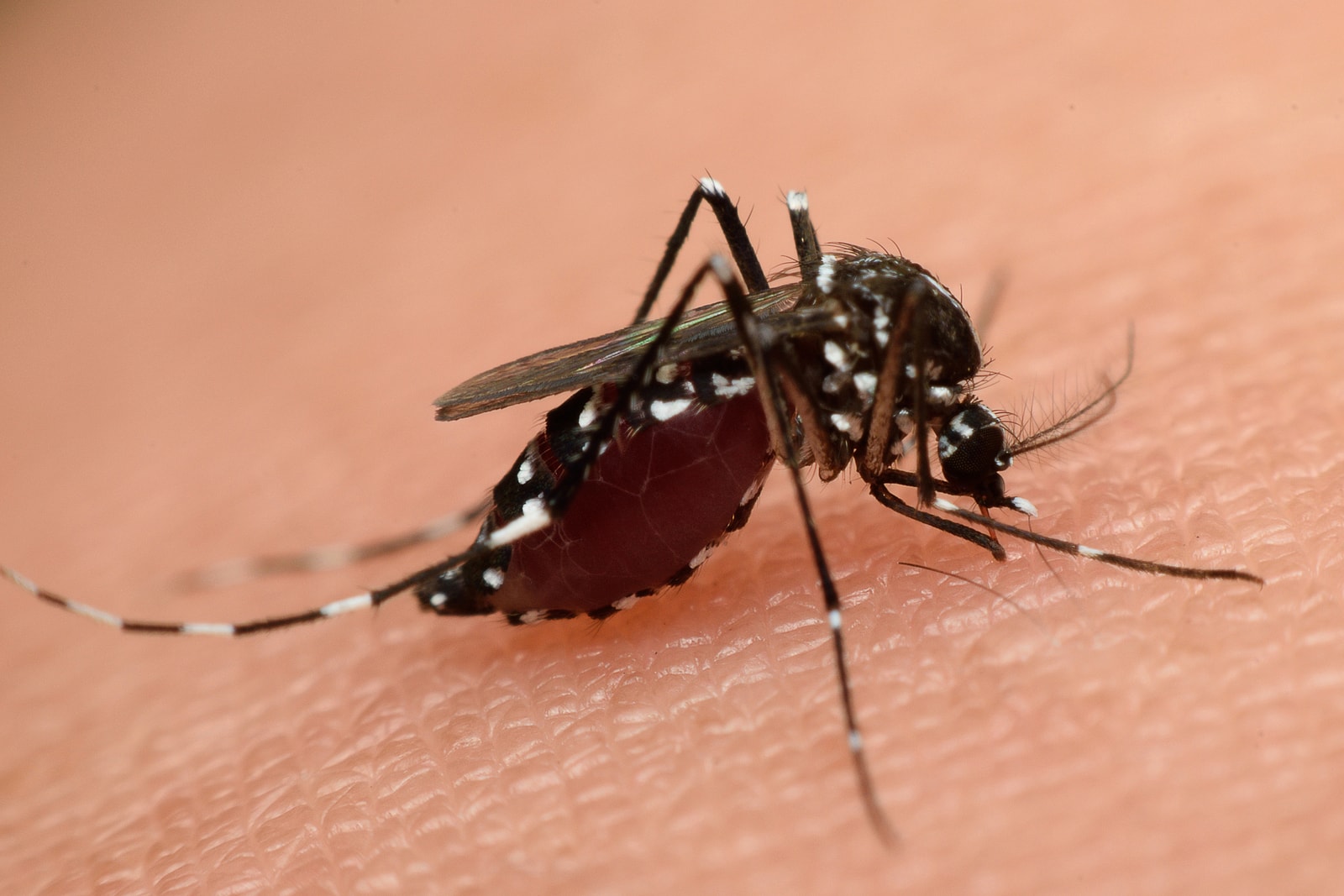
U.S. health officials have joined the Obama administration in placing Congress on high alert about the mosquito-borne Zika virus, using direct language to drive home the need for $1.9 billion in emergency funding for vaccine research and preventative measures.
Dr. Anne Schuchat, deputy director of the Centers for Disease Control and Prevention, didn’t hold back when addressing a daily White House reporter’s briefing.
“Everything we look at with this virus seems to be a bit scarier than we initially thought,” she said.
Her counterpart, Dr. Anthony Fauci, the nation’s top infectious disease specialist at the National Institutes for Health, echoed her sentiment.
“I’m not an alarmist and most of you who know me know that I am not,” Fauci told reporters, “but the more we learn about the neurological aspects, the more we look around and say this is very serious.”
The Spread of Zika Virus
The big issue is the unknown.
Currently, there are 346 reported cases of Zika confirmed in the United States, all linked to people who recently traveled to other countries where the virus is more prevalent. Those numbers also include 32 cases involving pregnant women and seven instances where the virus was sexually transmitted.
In Puerto Rico, the Virgin Islands and American Samoa, those same statistics don’t hold true. There are 354 current cases in those territories with only three confirmed to be travel-related and another 37 involving pregnant women.
You Might Also Enjoy: Zika Virus FAQ
The pregnancy factor is also of major concern. The Zika virus has been linked to a number of birth defects, such as premature birth, blindness and the risk of microcephaly, which causes babies to be born with abnormally small heads, according to an April 11, 2016 report in USA Today.
Another concern is the extent to which mosquitos carrying the virus might be traveling. One species of mosquito known to carry the virus has now been identified in 30 states. Previously, it was thought to just be present in 12 states.
Historically, the Zika virus has been associated with Guillain-Barre syndrome, a condition that can cause paralysis when a person’s body begins attacking its own nerves. Recently, a second autoimmune disorder has been connected to the virus – acute disseminated encephalomyelitis, which resembles multiple sclerosis and can cause swelling of the brain and spinal cord.
Treatment and Prevention
National health officials are moving funds as best they can. In early April, The White House allocated $510 million previously set aside for Ebola prevention in Africa. On April 11, the CDC announced it had earmarked $3.9 million in emergency funds specifically for Puerto Rico due to the virus’s rapid spread.
“We think there could be hundreds of thousands of cases of Zika virus in Puerto Rico,” Schuchat told reporters, “and perhaps hundreds of affected babies.”
The main impediment to freeing up the requested $1.9 billion has been leaders in Congress. A spokesman for U.S. Rep. Paul Ryan (R-WI), the Speaker of the House, accused the Obama administration of politicizing the Zika virus, and stated that any additional funding must be passed through the normal appropriations process, which won’t happen for months.
However, Sen. Bill Nelson (D-FL) took to the Senate floor to say funding can’t wait for the normal process to approve. Nelson said a vaccine will be identified eventually.
“But in the meantime,” he said, “there’s a great deal of trauma (and) some extraordinary heartbreak to some families.”









